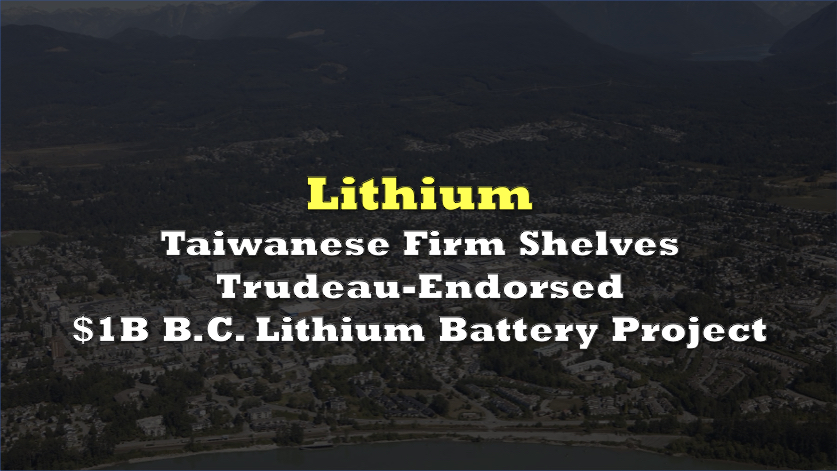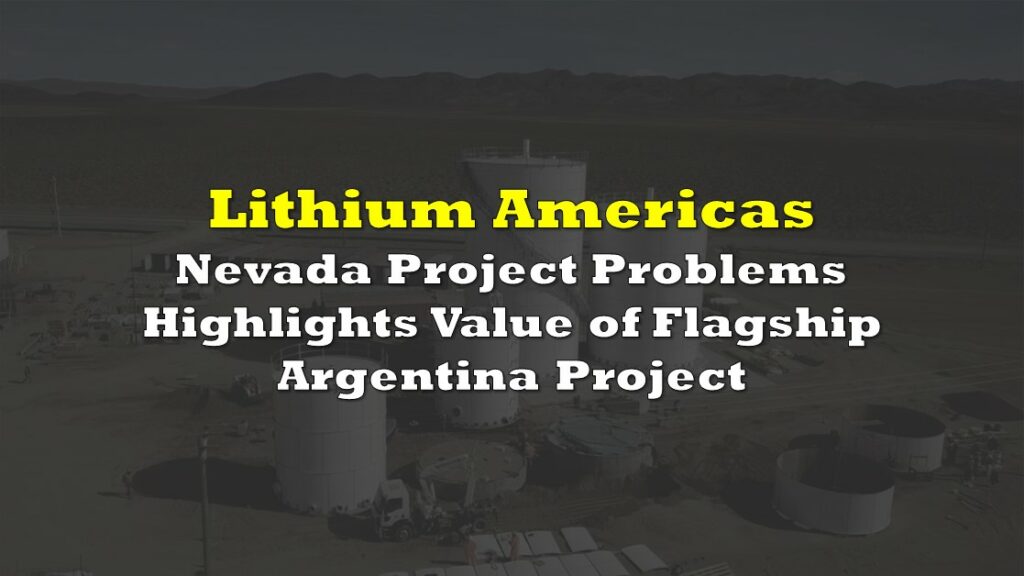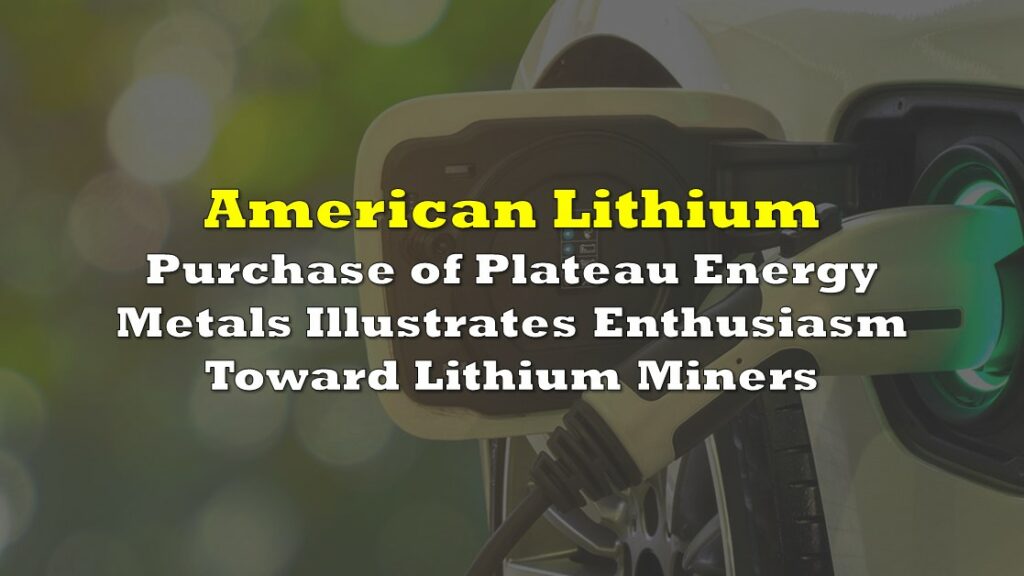Plans for a $1 billion lithium-ion battery cell production facility in Maple Ridge, British Columbia, have been shelved as Taiwan Cement Corp. (TCC), the parent company of E-One Moli Energy, shifts its focus to domestic production in Taiwan.
The ambitious project was initially celebrated with much fanfare in 2022, attended by Prime Minister Justin Trudeau and B.C. Premier David Eby. Their governments had pledged a combined $284.5 million in funding to secure the plant, which was projected to create 350 permanent jobs and safeguard 100 existing positions at E-One Moli’s current Maple Ridge facility.
However, TCC Chairman Nelson Chang announced this week that the project is on hold. “It will be very difficult for the company to build new plants abroad before achieving full efficiency at its Taiwanese facility,” Chang said, citing global market conditions and efficiency challenges.
The lithium battery industry, a cornerstone of the global transition to clean energy, has recently faced significant recalibrations. Chang’s statement aligns with decisions by other battery manufacturers to reassess or delay North American expansions. Factors contributing to this trend include fluctuating demand, rising production costs, and geopolitical uncertainties surrounding critical mineral supply chains.
In an email to CBC News, a spokesperson for E-One Moli’s B.C. offices declined to provide additional comments.
"A $1-billion lithium-ion battery cell production plant that was planned for Maple Ridge, B.C., has been shelved.
— cbcwatcher (@cbcwatcher) December 4, 2024
The parent company, Taiwan Cement Corp., announced the construction of the Canadian plant with much fanfare last year, with Prime Minister Justin Trudeau and Premier… pic.twitter.com/Qt8s344irh
Reactions
Both federal and provincial governments expressed disappointment but maintained confidence in Canada’s strategic position within the global clean energy transition.
Adrian Dix, B.C.‘s energy minister, described the halted project as a reflection of broader global market adjustments. “Adjustments in the energy sectors are not unique to British Columbia — they’re part of a global recalibration driven by market conditions,” Dix said, emphasizing B.C.’s skilled workforce, clean energy resources, and supportive policies as assets for future investments.
“Readjustment in the short term for a strategic vision for the long term, I think, is what you’ve seen when you have a breakthrough technology,” Science and Innovation Minister François-Philippe Champagne said, echoing the sentiment. His office confirmed that none of the $204.5 million in federal funding earmarked for the project had been disbursed.
Scott Dunbar, a professor in the University of British Columbia’s Department of Mining Engineering, suggested that the decision likely reflects weaker-than-expected demand for batteries. “It’s just a sign that the demand for batteries that this plant would produce is just not there, or not in the quantities that they want,” Dunbar explained. He called for greater investment in domestic lithium extraction and processing to strengthen Canada’s position in the global battery supply chain.
Economist Werner Antweiler of UBC’s Sauder School of Business highlighted additional challenges, including the high upfront costs of EVs and the gradual withdrawal of government incentives in markets like Germany. “Until the prices of batteries come down, the uptake will be slow, but once we get to that critical point, uptake will be very rapid,” Antweiler said.
Maple Ridge
The shelving of the Maple Ridge project is not an isolated incident but part of a broader trend in the clean energy sector. Countries worldwide are grappling with how best to navigate the economic realities of transitioning to low-carbon technologies. In Canada, the decision renews focus on the need for strategic planning, particularly in mining and processing critical minerals like lithium, which are essential for battery production.
Dan Ruimy, mayor of Maple Ridge, remains optimistic despite the setback. “We look across the world, we see there’s change happening where big projects are postponed or canceled outright,” Ruimy said. “It only makes sense for [E-One Moli] to say, let’s take a second here and understand where our market is.”
The halted project raises critical questions about Canada’s readiness to compete in the global battery supply chain. While the country boasts significant natural resources and policy incentives, challenges remain in scaling production and ensuring a steady demand for green technologies.
Experts caution that without substantial investments in domestic critical mineral extraction and more robust support for emerging industries, Canada risks falling behind in the race to electrify transportation and achieve net-zero carbon emissions.
Information for this briefing was found via CBC and the sources mentioned. The author has no securities or affiliations related to this organization. Not a recommendation to buy or sell. Always do additional research and consult a professional before purchasing a security. The author holds no licenses.









